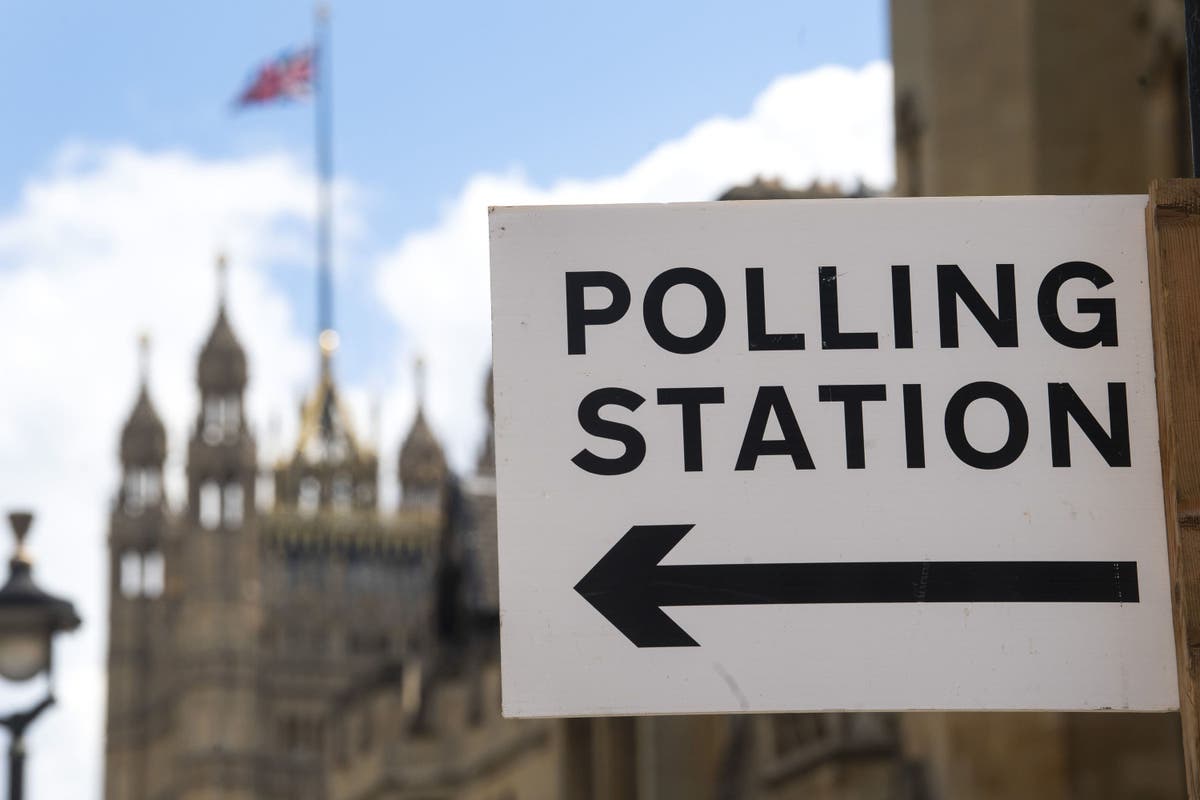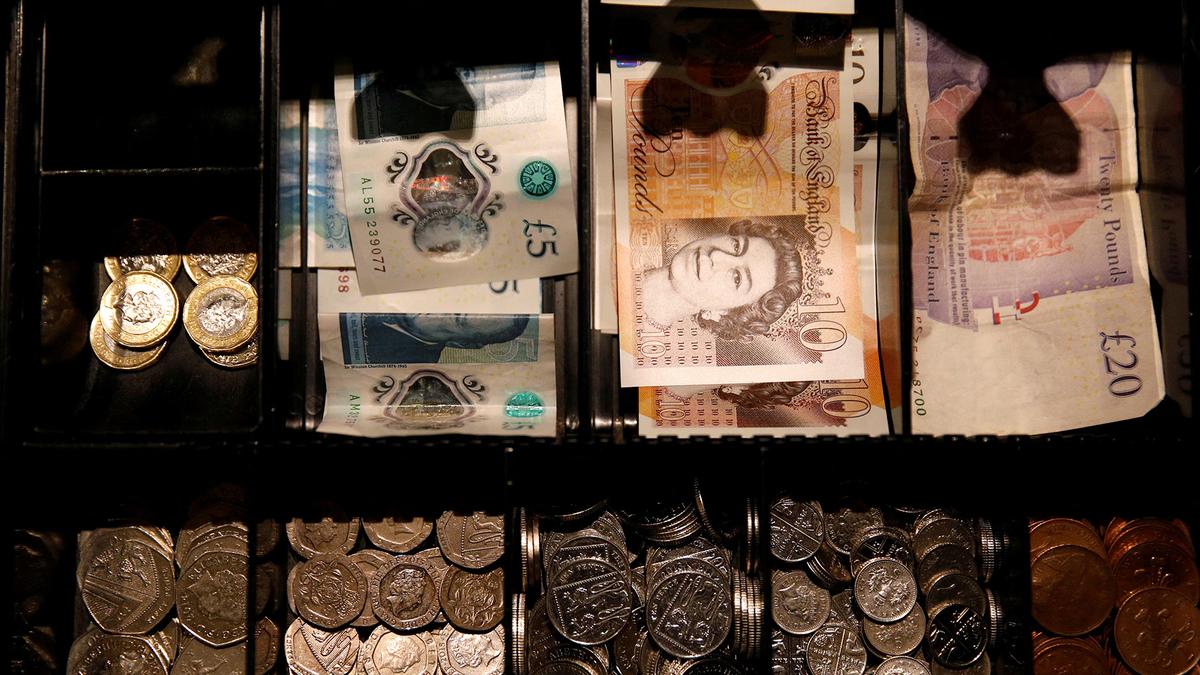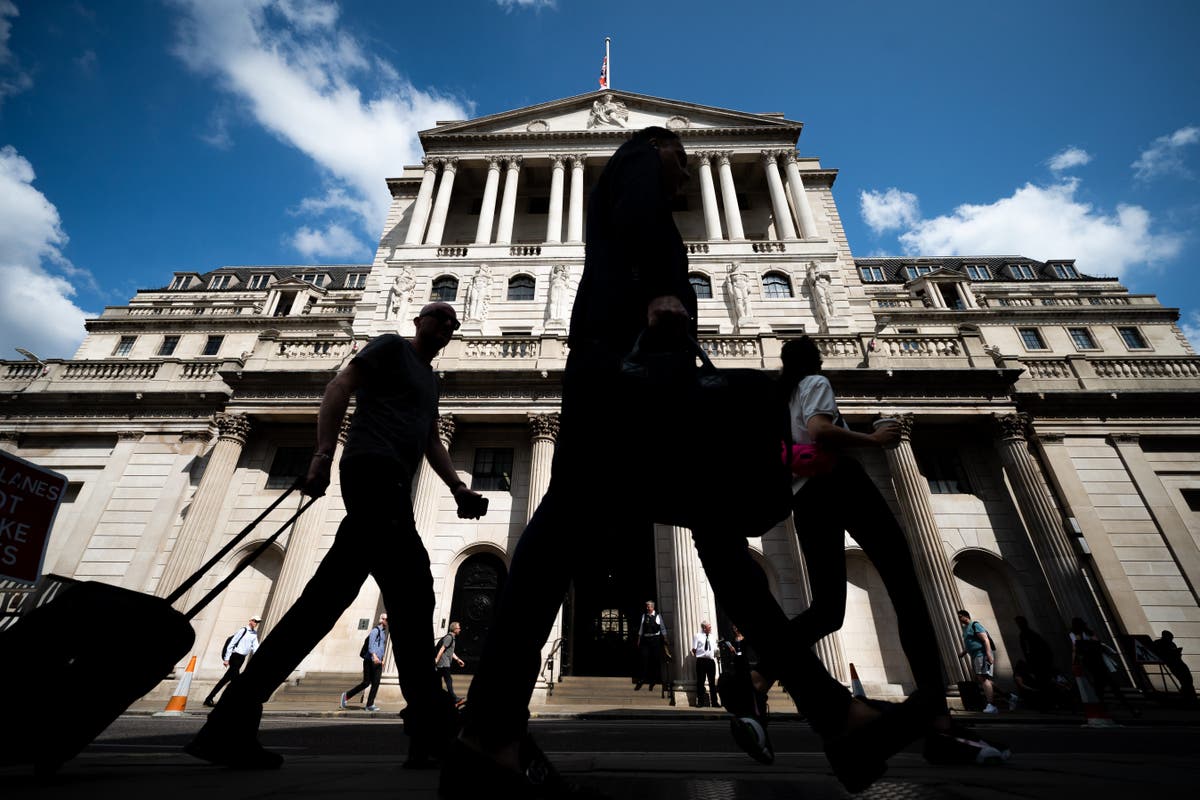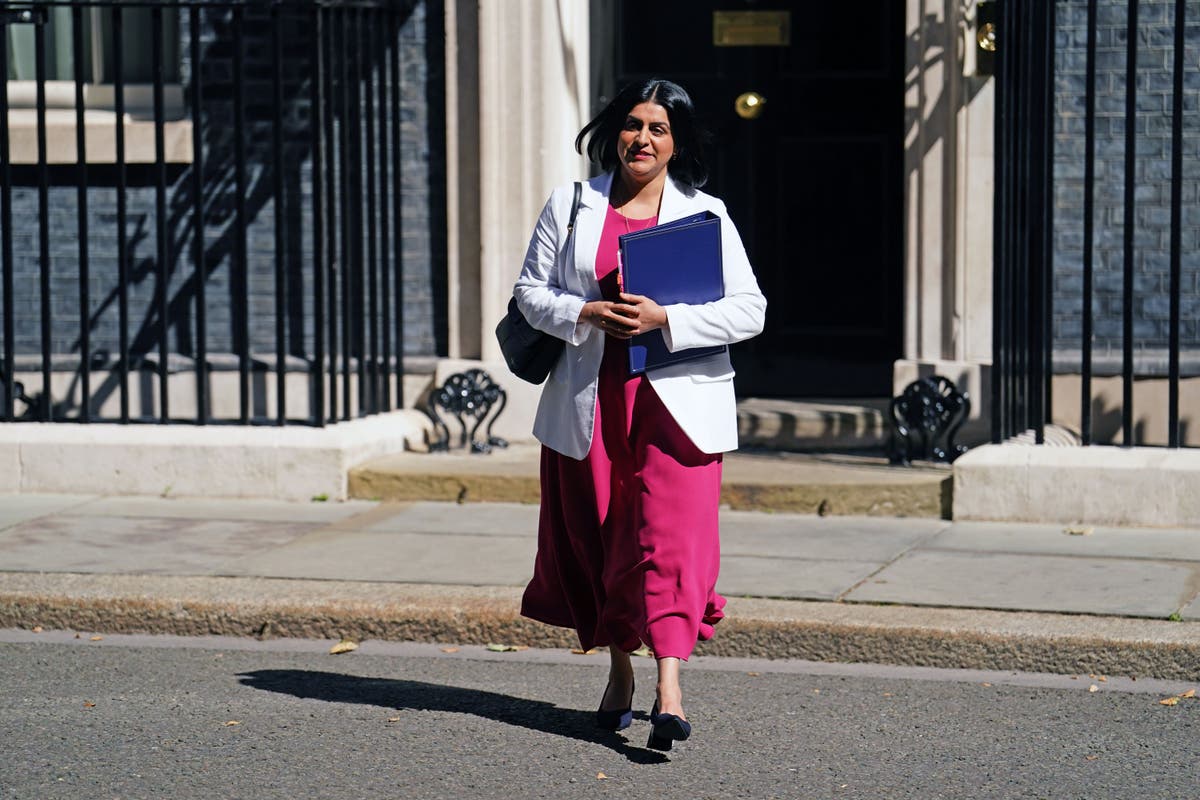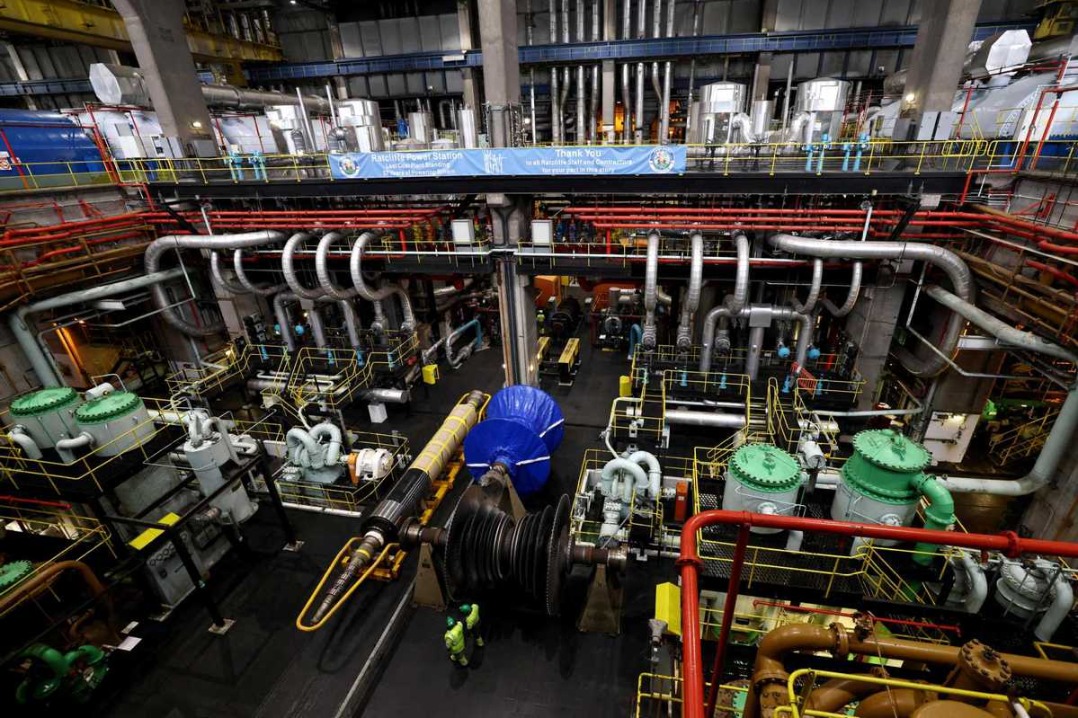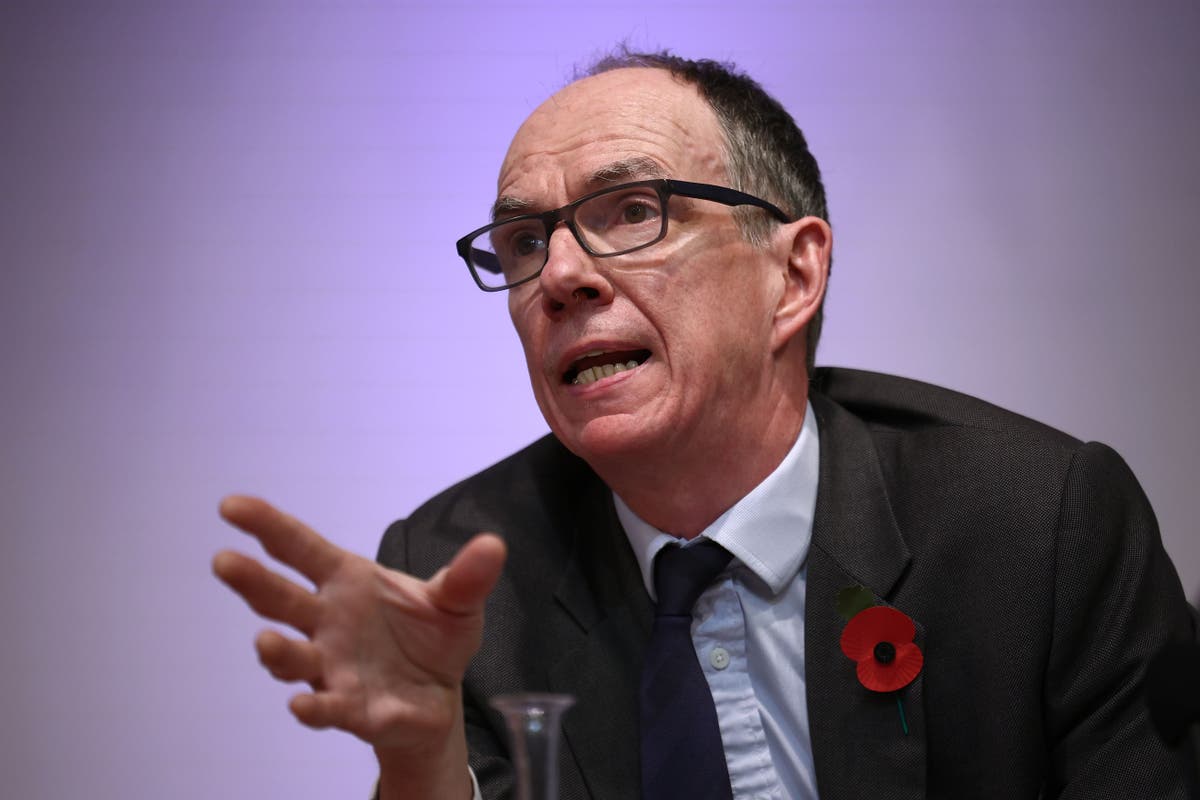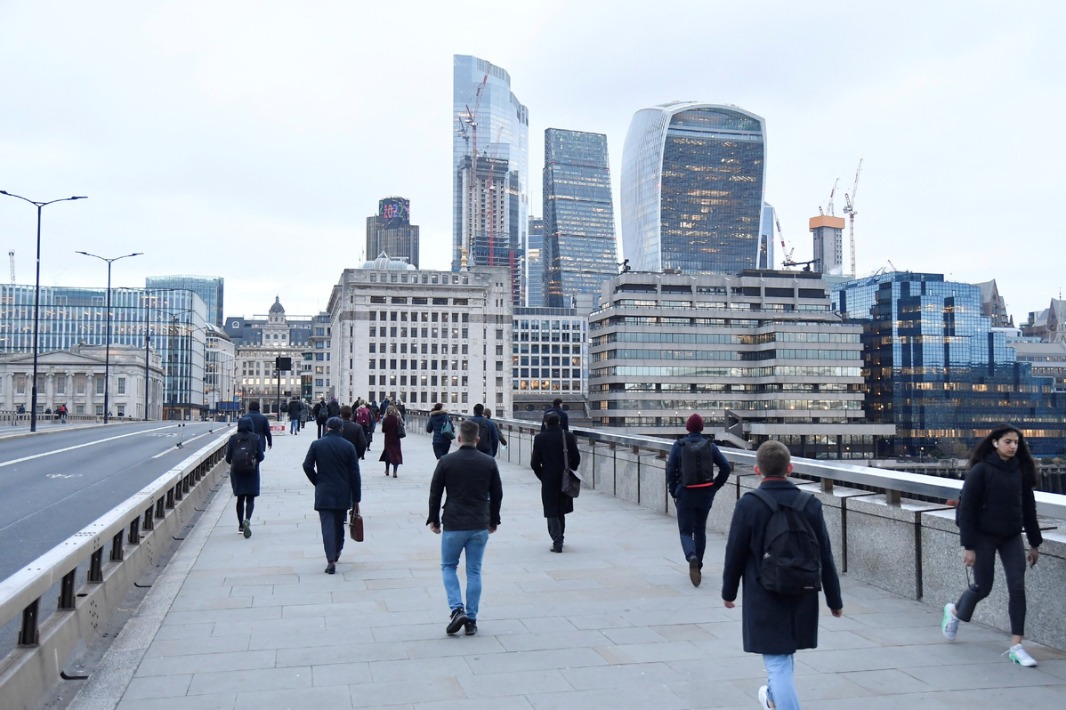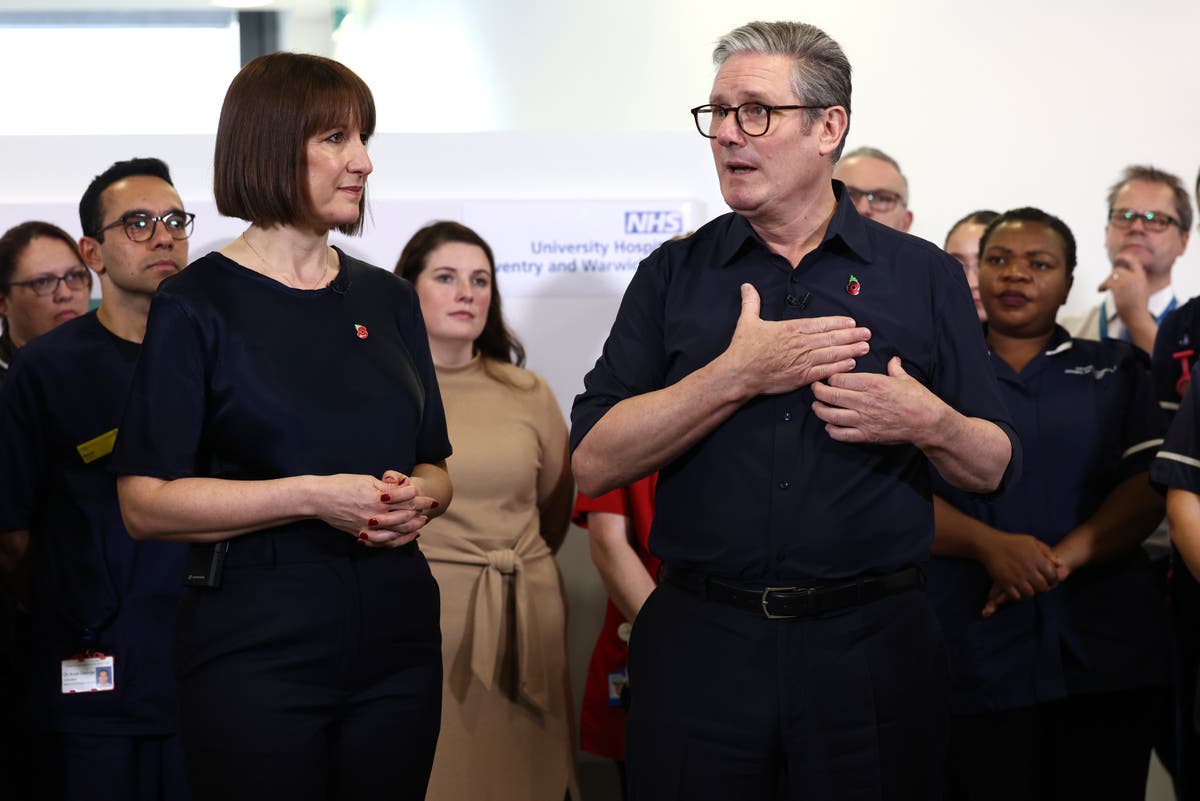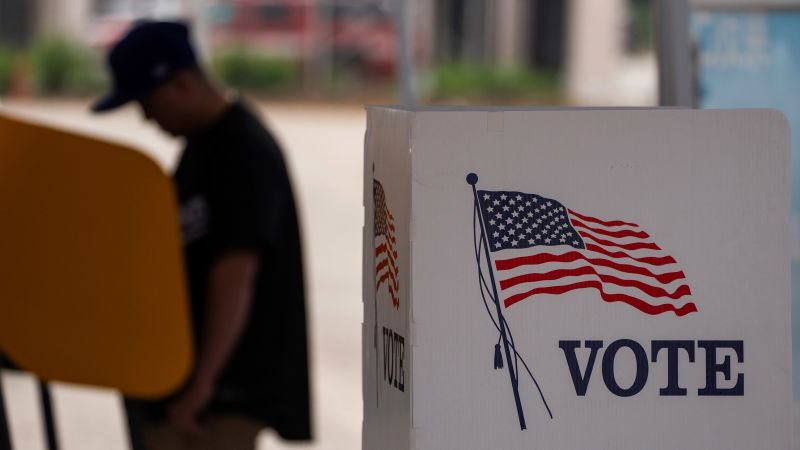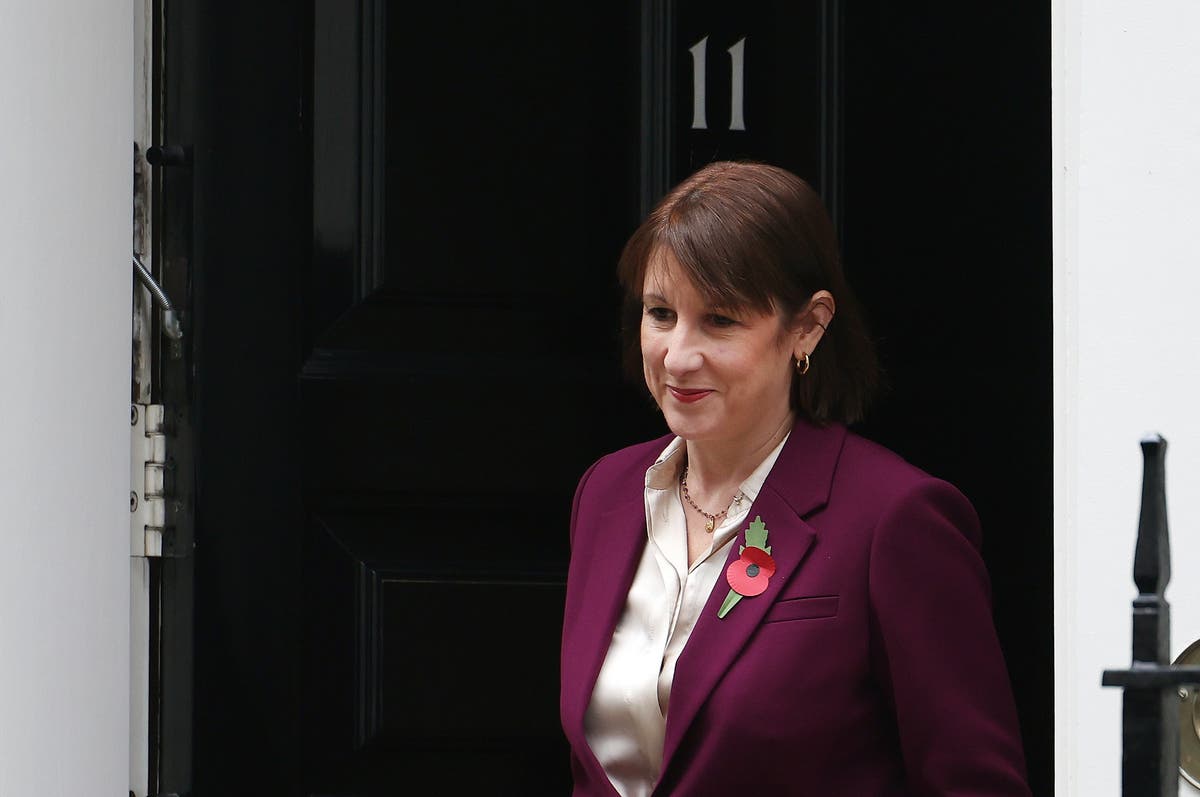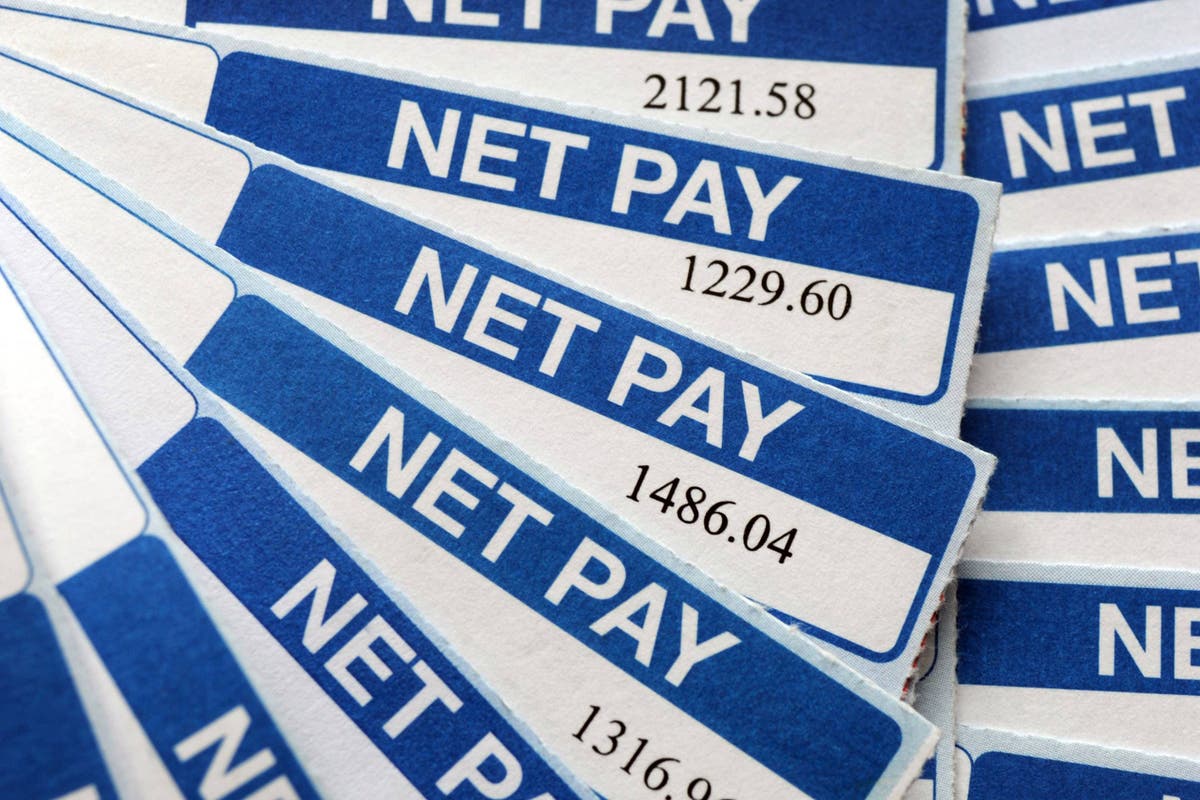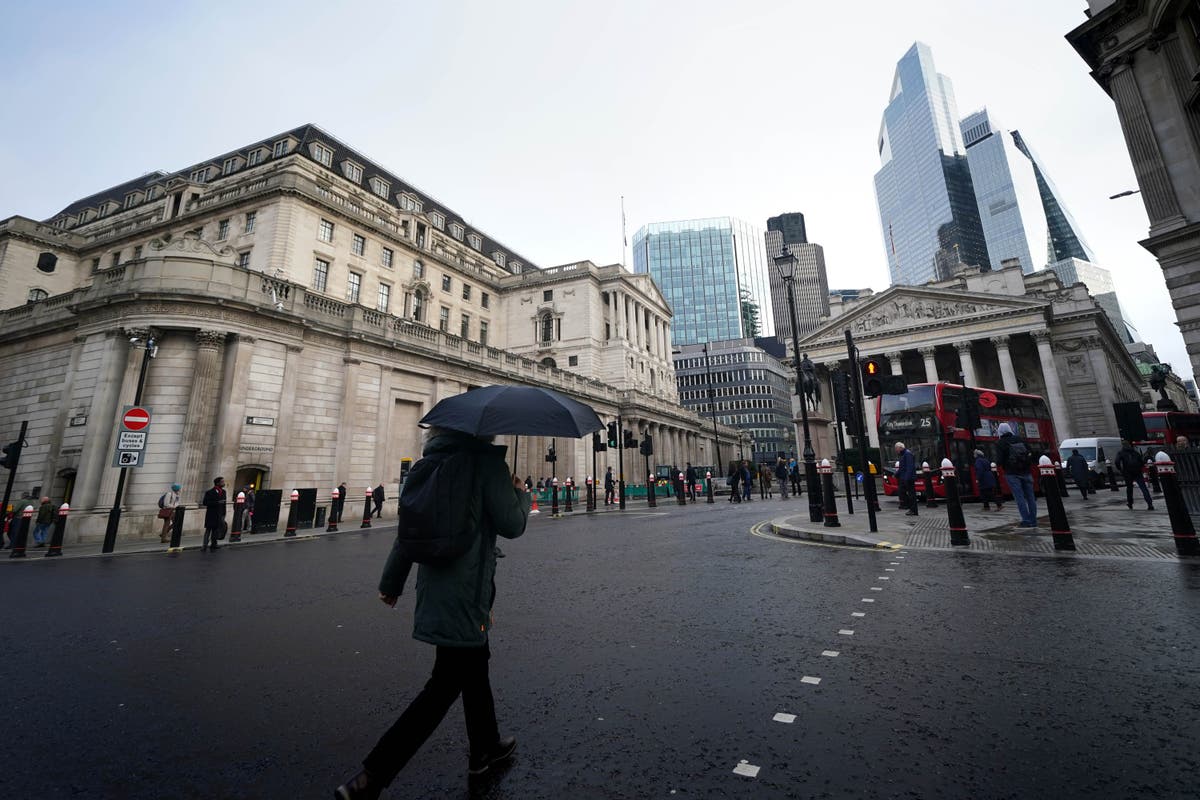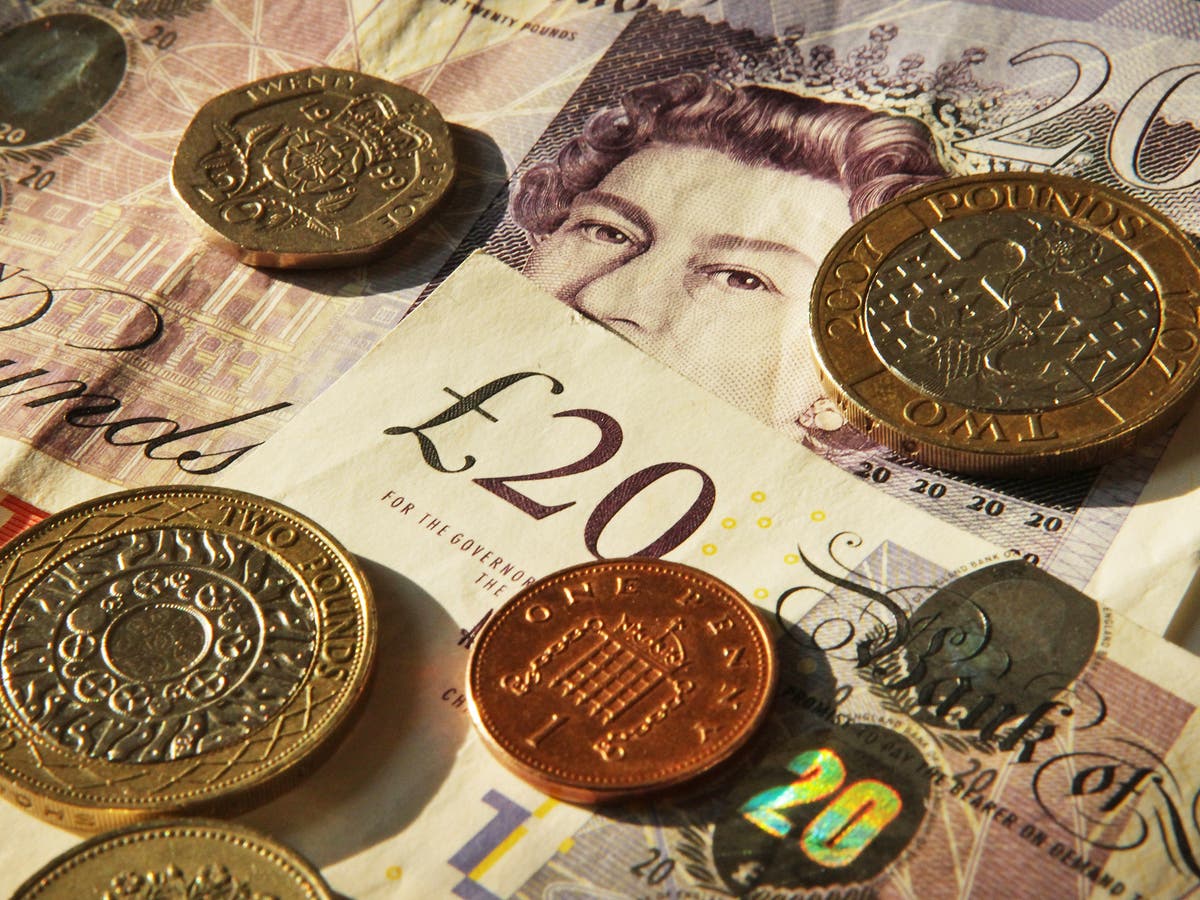
UK's sharp rises in minimum wage did not hurt jobs or increase prices, government study finds
The IndependentSign up for the View from Westminster email for expert analysis straight to your inbox Get our free View from Westminster email Get our free View from Westminster email SIGN UP I would like to be emailed about offers, events and updates from The Independent. Read our privacy policy Britain's sharp rises in its minimum wage have not resulted in a cut in jobs or higher prices for consumers, research by the government's low-pay watchdog has found. "We pay close attention to the evidence on the national living wage's impact on jobs," the Commission said in its annual report published at the start of 2020. The LPC recommended an even faster rise in the minimum wage for 2020, which it said would be "the largest cash rise" in the history of the policy, which was first introduced in 1999. open image in gallery The sharp wage rises were announced by former chancellor George Osborne The research by the Commission was based on an analysis of economic and labour market data, six regional visits around the UK to various employment centres, the commissioning a range of independent research projects, and regular meeting and consultations with organisations and stakeholders. Commenting on the analysis, Conservative business minister Paul Scully said in a written statement: "To date, the Low Pay Commission have found that the minimum wage has increased pay for the lowest earners without harming employment."
History of this topic

UK Taxes on Minimum Wage Work Nearly Double in a Decade
Live Mint
Boost for low-paid as minimum wage set to rise by 6% in Budget
The Independent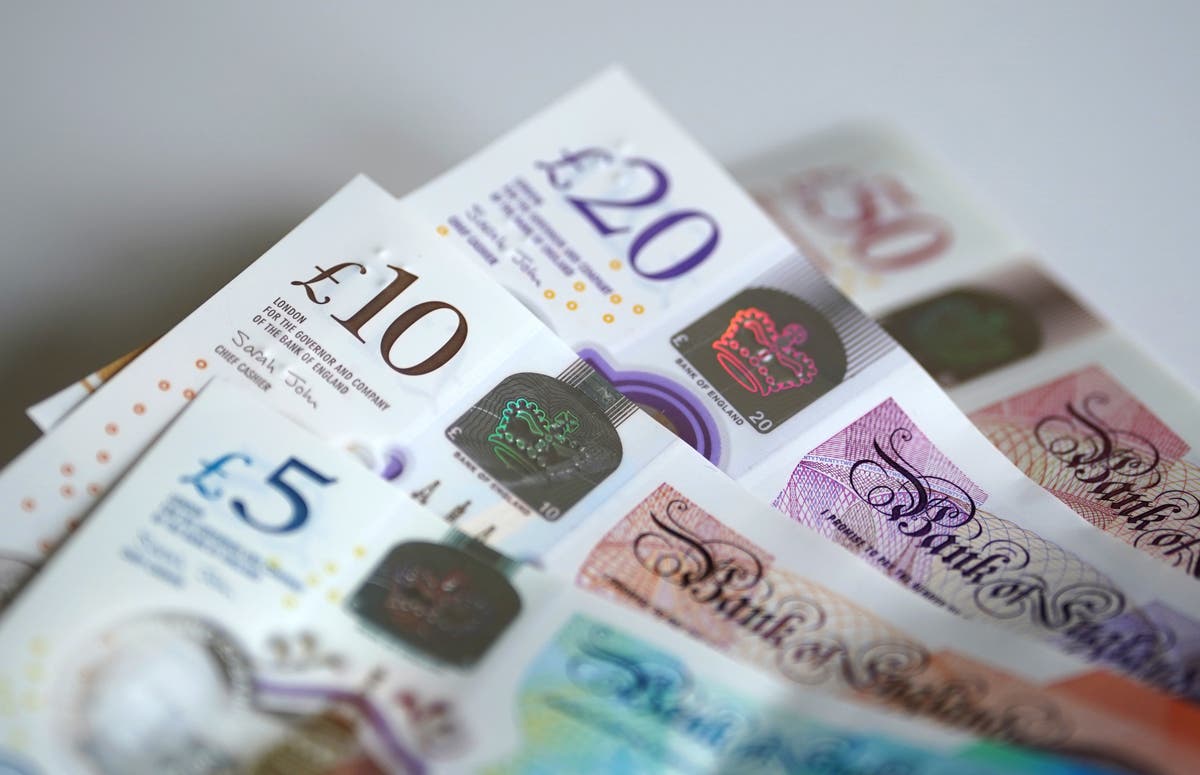
Real living wage goes up: Who will get the new amount?
The Independent
Starmer is warned that public sector pay rises will drive up inflation
The Telegraph
Why Britain is leaving Europe behind on pay – and becoming more like the US
The TelegraphGovernment pushes for minimum wage increase to keep pace with inflation
ABC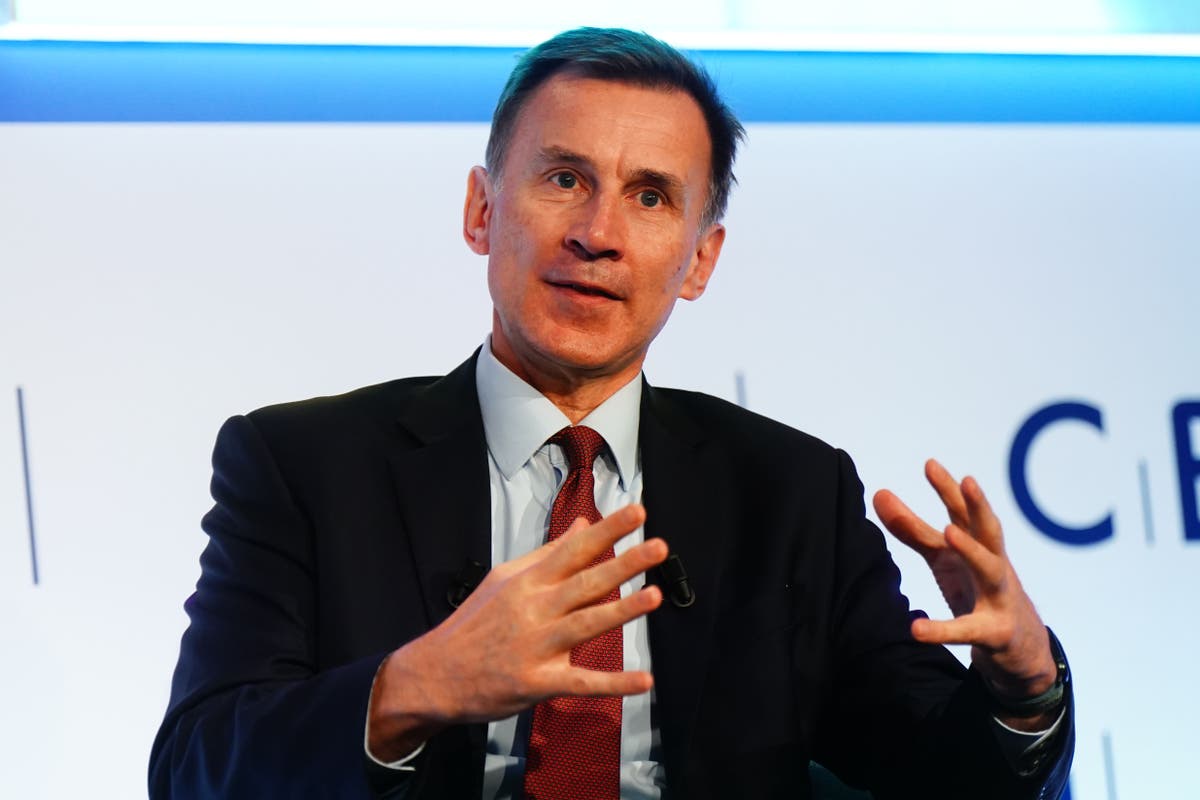
Jeremy Hunt confirms pay boost for nearly 3million workers as living wage rises to more than £11 an hour
The Independent
Hunt to raise Living Wage by £1 an hour to benefit three million workers
The Telegraph
UK’s Trades Union Congress calls for large rise in minimum wage
Al JazeeraWho will benefit from a higher minimum wage? Women and younger workers
ABCLifting the minimum wage is anything but reckless — it’s what low earners need
ABC
More substantial minimum wage increase set for next year: Report
NL Times
Planned rise in minimum wage ‘unaffordable’ after pandemic
The Telegraph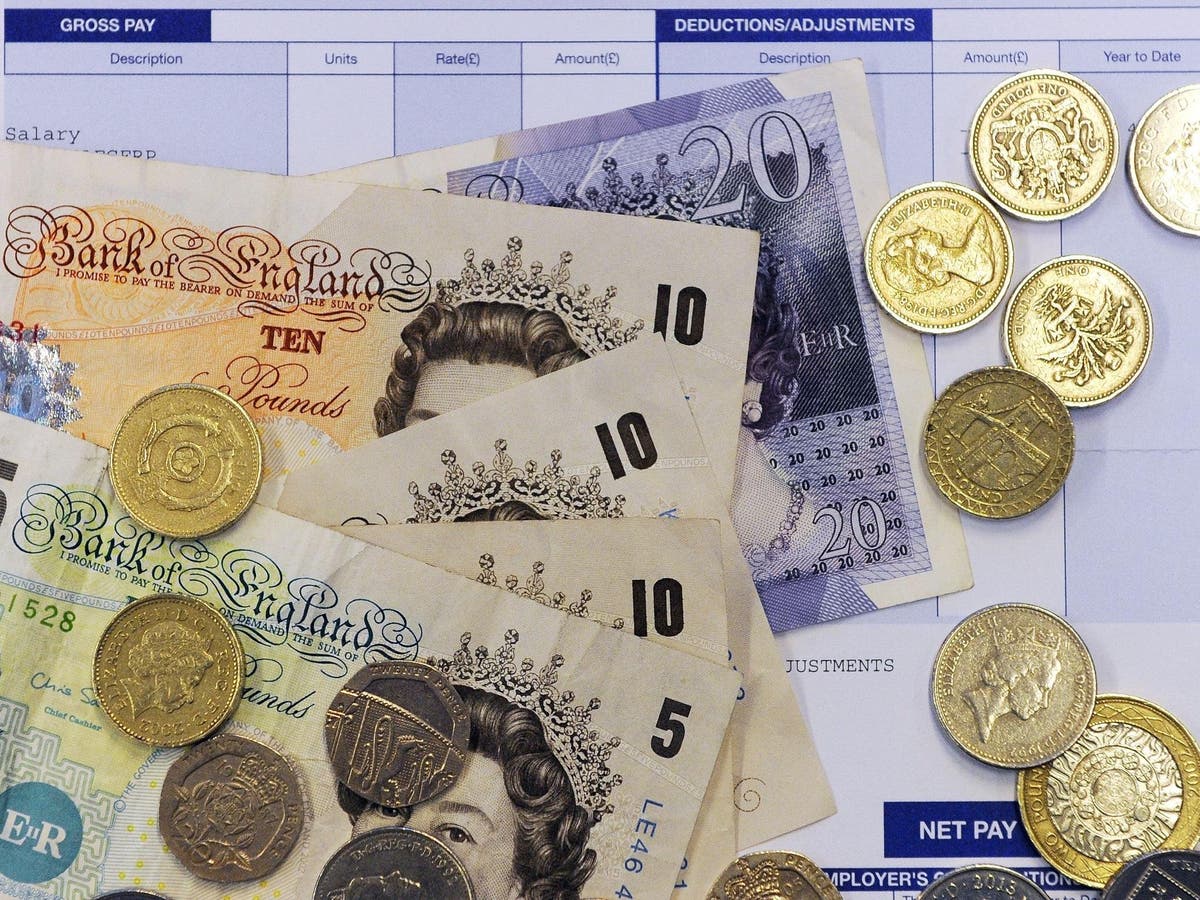
National living wage hike is justified despite impending recession, says think tank
The Independent
Minimum wage rise: Boris Johnson criticised by bosses over ‘biggest ever’ low pay increase
The Independent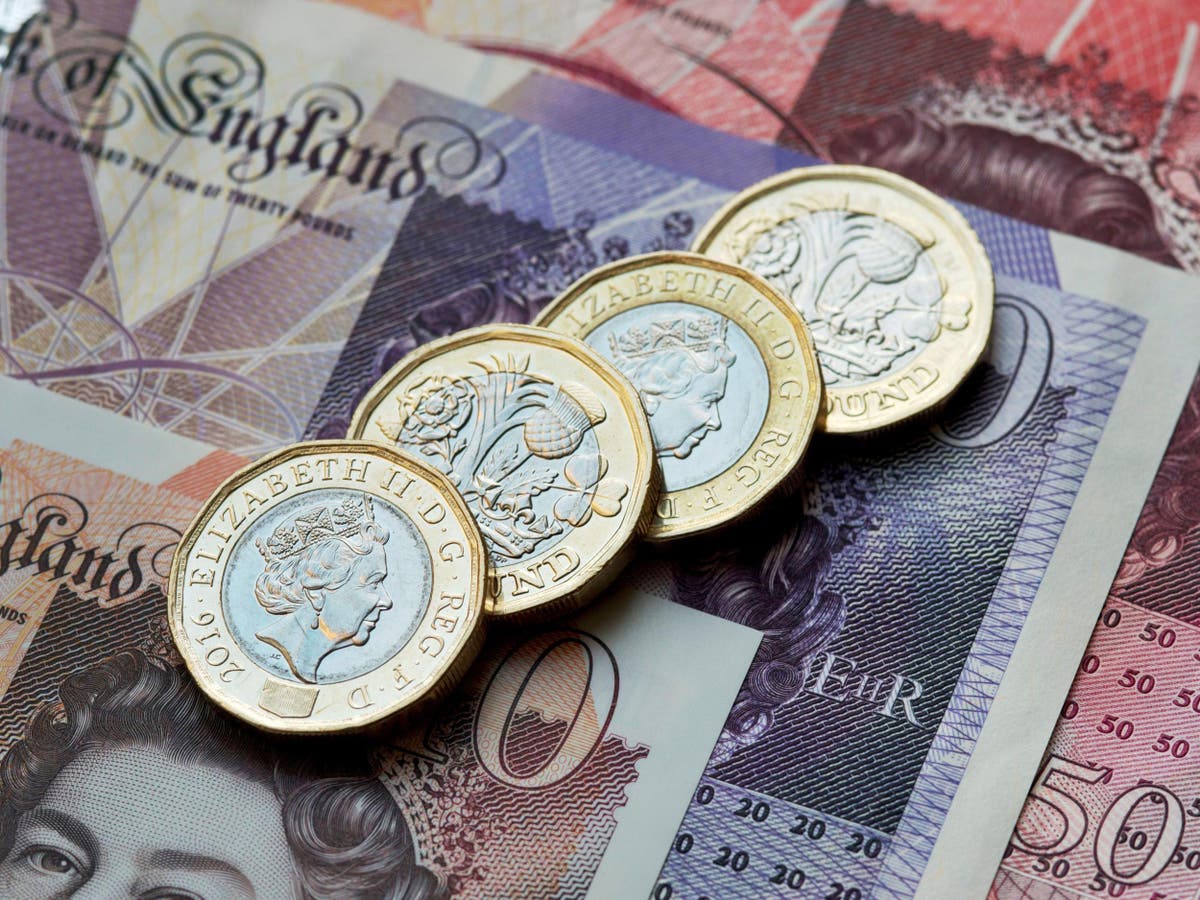
‘Worrying’ rise in number of people being paid below minimum wage, study finds
The IndependentDiscover Related





